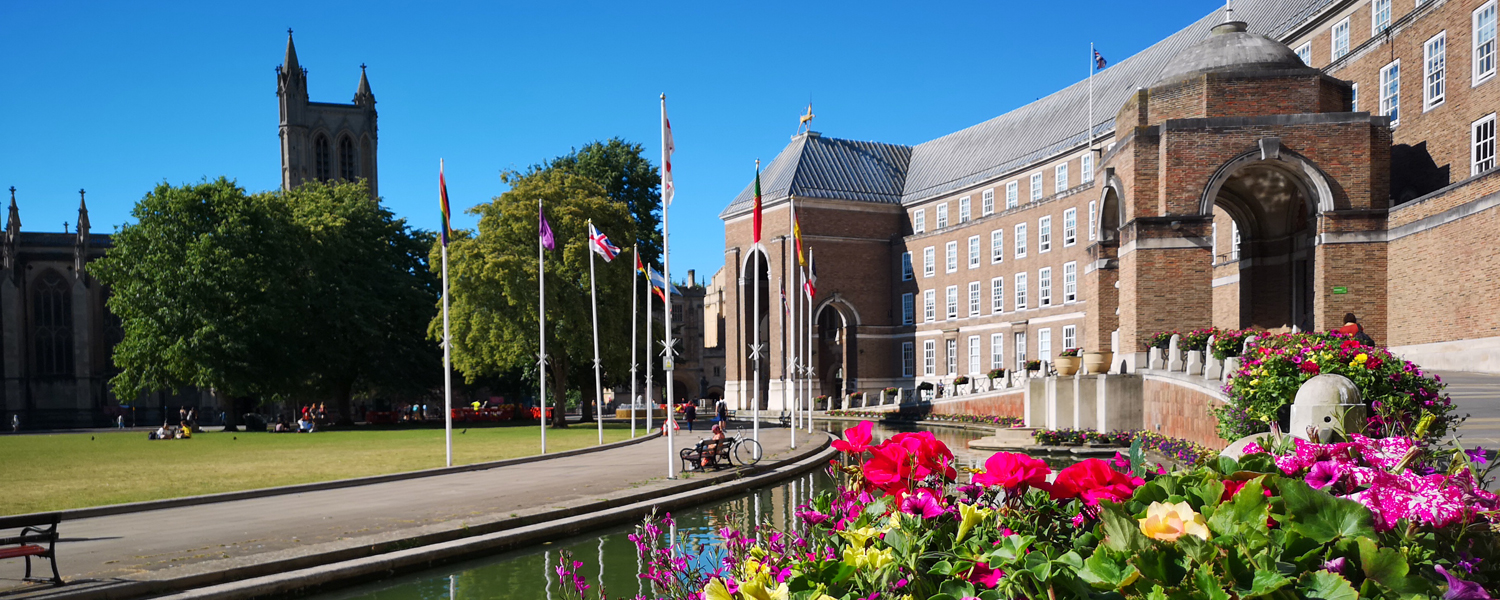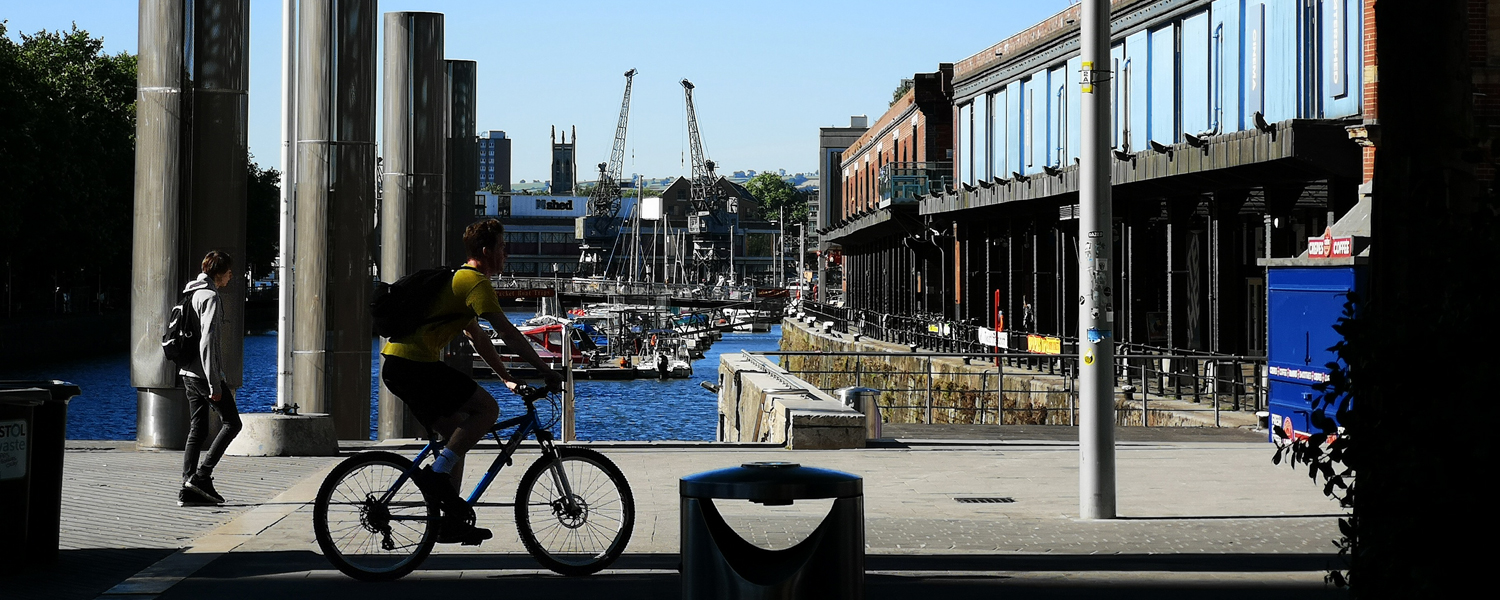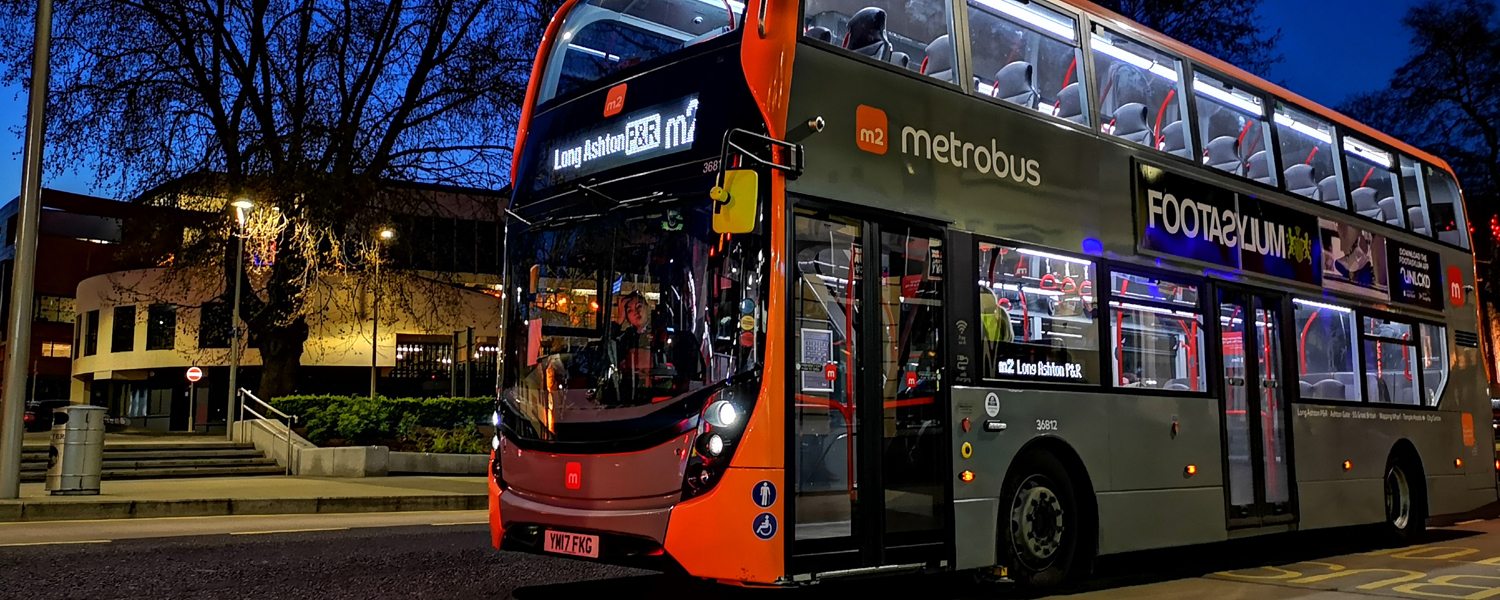Bristol City Council's statutory requirement to assess the transport impacts of development
The quality of our built environment affects each of us. Bristol City Council is committed to:
- delivering an environmentally healthy city for our communities and visitors
- ensuring that our transport network is accessible, well maintained and safe, creating an inclusive city by connecting people to jobs, education and leisure opportunities
In terms of transport and movement, this means the ability to move around the city in the healthiest, most efficient and least harmful way.
We therefore need an environment that maximises physical activity and prioritises public transport to:
- reduce pollution and improve environmental quality and safety
- foster a healthy population as a direct result of increased walking and cycling
Transport Development Management (TDM) role
TDM represents the Highway Authority’s role as a statutory consultee to the planning process, and as the technical approval and inspections authority for street works resulting from new developments.
Our role is to make sure that all new developments fulfil the following policy requirements:
- contributing to successful masterplanning
- making physical and financial contributions to healthy and sustainable transport infrastructure
- making walking and cycling the easiest travel choices
- avoiding negative and harmful transport impacts
- delivering safe, accessible and maintainable new environments
Land-use planning has a vital responsibility in making this happen by ensuring that only high quality and accessible environments are delivered.
TDM seeks as early an involvement as possible with developers and throughout the planning and construction process to realise the following benefits:
- drawing on TDM’s knowledge of the city and our strategic planning and transport priorities, ensuring opportunities for connectivity are not missed
- devising, scoping and agreeing requirements for the assessment of development proposals
- through the above, enabling high quality planning submissions that deliver accessible environments, increasing the likelihood of a swifter, more efficient and positive planning determination
- setting out our requirements for the scope and design of new street works and infrastructure to support development
- following the correct processes and procedures required to achieve technical approval and the successful sign-off of highway engineering works required for development
Support we can provide
Our officers provide transport-related planning advice to:
- planning officers
- developers
- architects
- consultants
- engineers
- householders
- local community groups
In that capacity, we:
- advise on the transport and movement aspects of planning applications
- secure investment for infrastructure through negotiation with developers
- give advice to elected members at planning committee and other briefings
- help to shape planning and transport policy
- as a last resort, represent the highway authority at planning inquiries and appeal hearings
Our engineers are involved on a daily basis with developers and contractors. They fulfil the post-permission requirement to ensure the safety and maintainability of all highway works undertaken as part of development.
From time to time TDM may seek greater detail at the planning stage than usual to protect both the developer as well as the highway authority from future liability, delays and additional costs.
We do this in the interests of meeting our mutual objectives of delivering new homes, jobs and community infrastructure as swiftly and efficiently as possible.
Relationship with the One City Plan
The One City Plan Go to https://www.bristolonecity.com/ (opens new window) sets out the future vision of the Bristol we want to live in by 2050. With the collaboration of citizens, experts and other partners, our shared objectives are to achieve an inclusive, sustainable city that puts carbon neutrality at the heart of our future.
TDM has an important role to play in a number of the priority themes Go to https://www.bristolonecity.com/dashboard/ (opens new window) identified in the plan, making sure that new development delivers the best in terms of:
- connectivity
- health
- economic benefits
The One City Climate Strategy Go to https://www.bristolonecity.com/wp-content/uploads/2020/02/one-city-climate-strategy.pdf (opens new window) sets out the urgent need for a carbon neutral climate resilient Bristol by 2030. Central to its aims are:
- a 40% reduction in vehicle miles
- cleaner air
- preserving, enhancing and increasing tree canopy cover
Relationship with the council's Corporate Strategy
The Corporate Strategy Go to https://www.bristol.gov.uk/policies-plans-strategies/corporate-strategy (opens new window) sets our contribution to the city and is our key strategic document. Transport Development Management Guidance (TDMG) aims to help the city meet the following corporate objectives:
- accelerating the delivery of new homes (especially affordable housing) across the city
- improving physical and geographical connectivity, tackling congestion and progressing towards a mass transit system
- delivering high standards of physical accessibility, becoming a city that is safe and open for everyone
- reducing social isolation and helping connect individuals and communities socially
- improving physical and mental health and wellbeing


